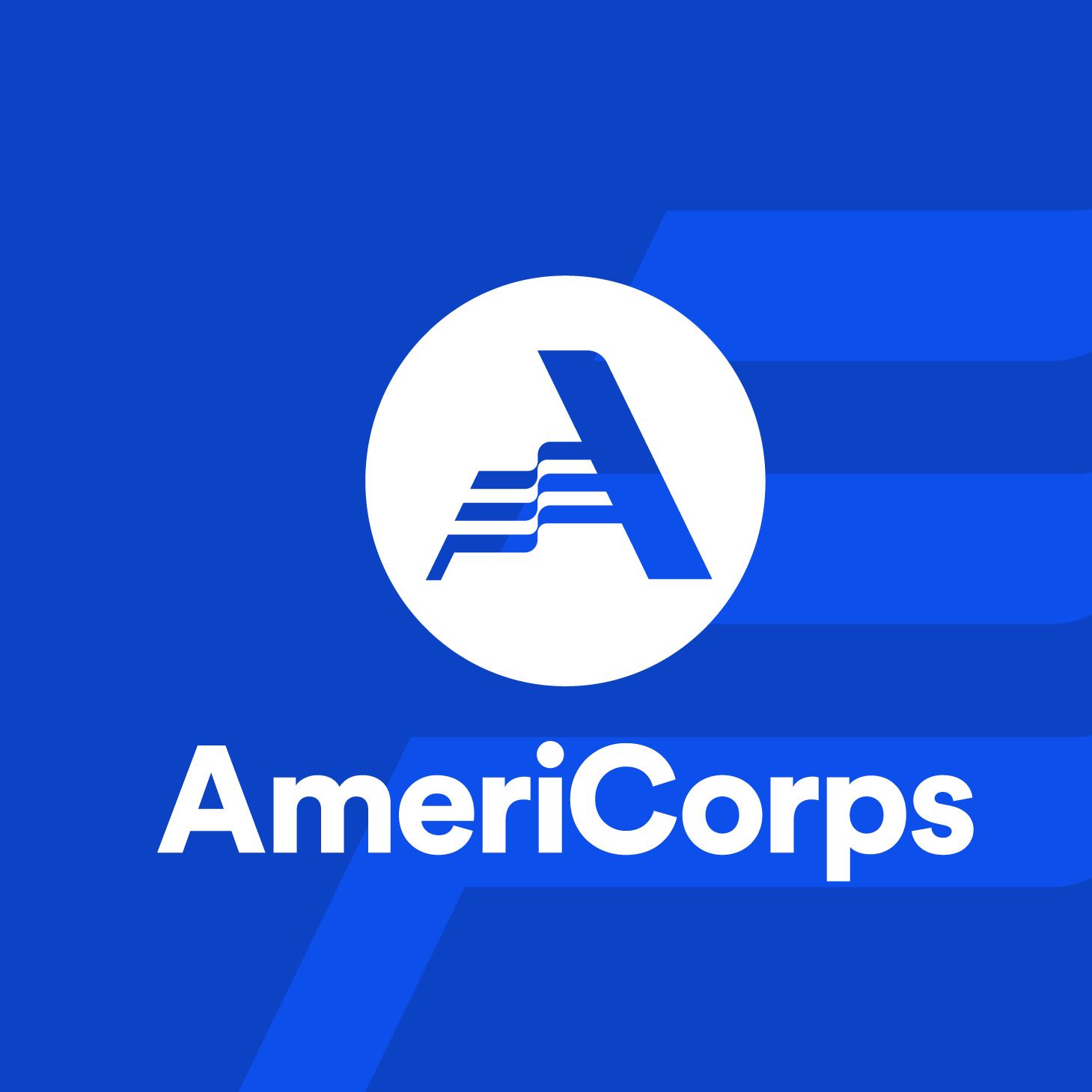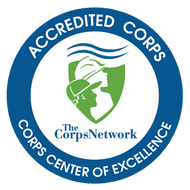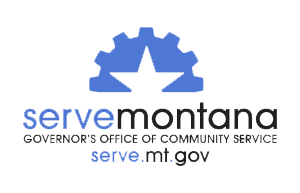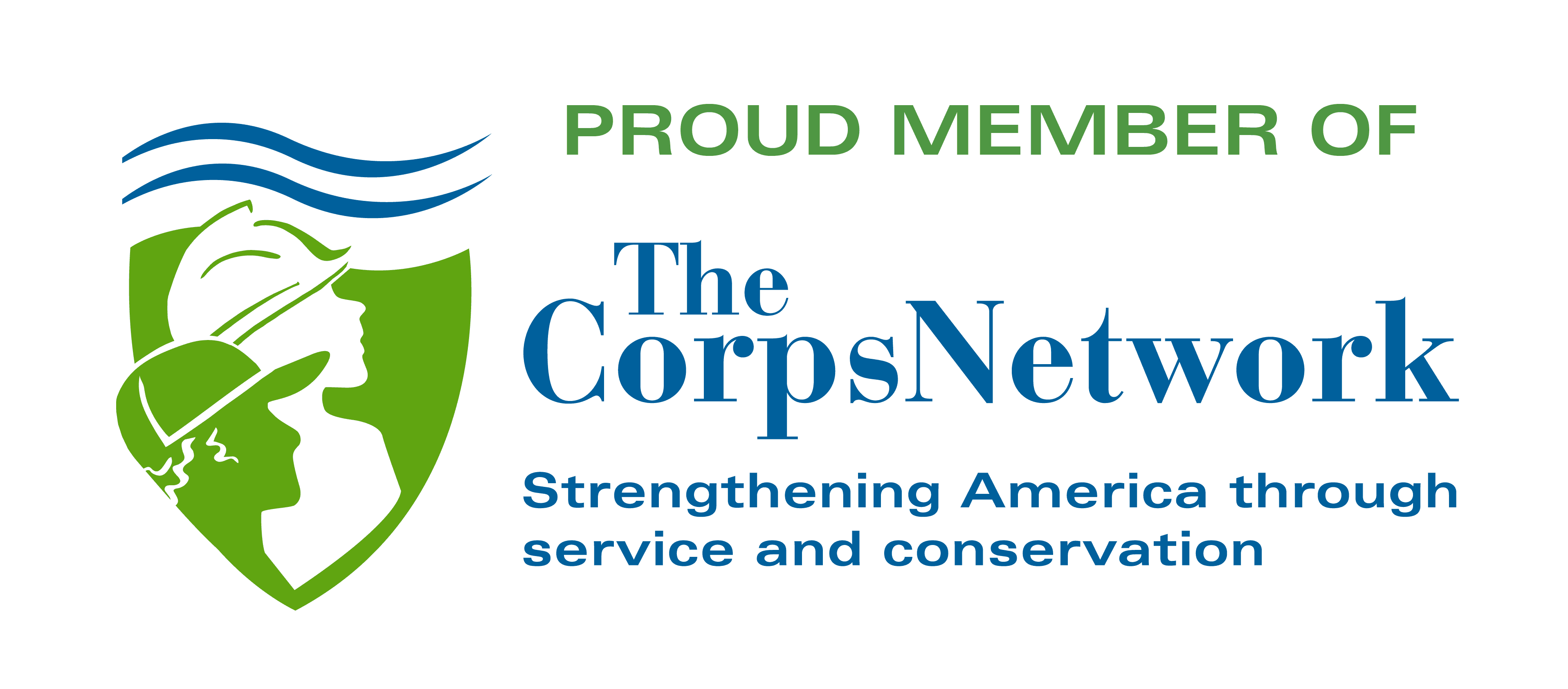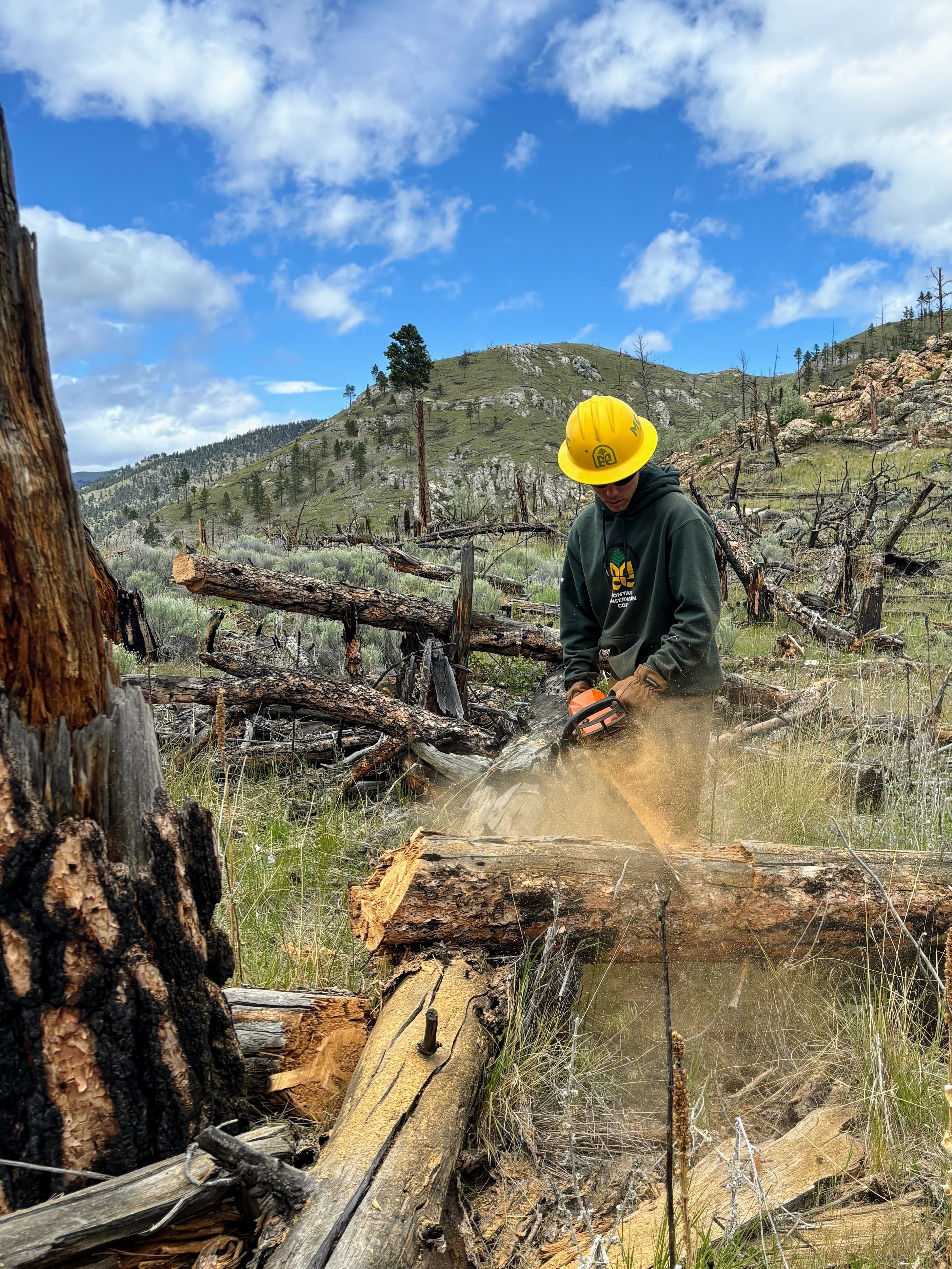
Addressing the impacts of drought, climate change, invasive weeds and pests, increasing visitation, timber economics, and catastrophic wildfires, the Forest Service is facing historic resource management challenges. Yet, the agency is struggling to hire an invested and skilled workforce to tackle these needs. Enter MCC.
Over the last two years, MCC has partnered with the USFS to field crews specializing in forest management. “MCC is bringing an ambitious, diverse workforce to the ground to do work,” says USFS Supervisory Forester Paul Donnellon.
This season, our forestry crews are tackling forest management projects such as wildfire fuels reduction, viewshed enhancement at a fire lookout, road closure device monitoring, and timber sale prep work including collecting terrain profile data for skyline logging. Reflecting on the need for this work, Paul states, “Due to past management practices, a lot of our forests are outside their range of resilience to wildfire, insect, and disease outbreaks. We are trying to make them more resilient in the long term. We’re also focusing on community safety, like the areas around communities and necessary infrastructure.”
MCC AmeriCorps Crew Leader Stephen values the diverse project work he’s encountered throughout the season. “I wanted to gain as many different experiences as possible because my plan is to go into the Forest Service. We’ve worked on every facet of the Forest Service: silviculture, biology, wildlife, and fire teams… The variety is why our crew has crushed every project we’ve done.”
Crew Leader Jill agrees, saying that through this constant change, she’s learned to be flexible, “It teaches you a lot about how the Forest Service functions and all those different hard skills too. It really gives you the chance to get good at adapting to anything,” she said.
As a project partner, Paul values the relationship with MCC for building a skilled workforce pipeline. “We get quite a few people who spin off from MCC into permanent positions. It gives us the ability to recruit when as an agency we don’t have the capacity… It’s helping to satisfy the workforce shortage,” he said. He also appreciates how our corps members learn necessary hard and soft career skills through their MCC experience. “They can come in on a crew, network with people in the area, find housing locally, and receive development that we don’t offer to entry-level technicians. These are important career-building opportunities that are above and beyond the basic USFS hiring model. When people come through the [MCC] experience, they have a better foundation and resilience to deal with work in the big picture,” Paul said.
This partnership between MCC and the USFS shows how collaborative efforts can benefit our forests, communities, and young people. By harnessing passionate and dedicated MCC crews, we not only address immediate forestry needs but also nurture the next generation of forestry professionals, like crew leader Stephen. “I applied to the Forest Service before MCC and didn’t hear back... Now, with a forestry background, that will definitely put me at an advantage,” he said.
MCC looks forward to continuing this partnership to support our beloved forests and the budding careers of our future stewards.

![[Image Description: Two MCC members are walking away on a rocky trail, carrying their packs, surrounded by burnt orange bushes. Through the haze in the background, there are a multitude of mountains, overlapping one another.]](https://cdn.firespring.com/images/7ba12407-5e3a-41c1-b4b4-f00aac9d37a1.jpg)
